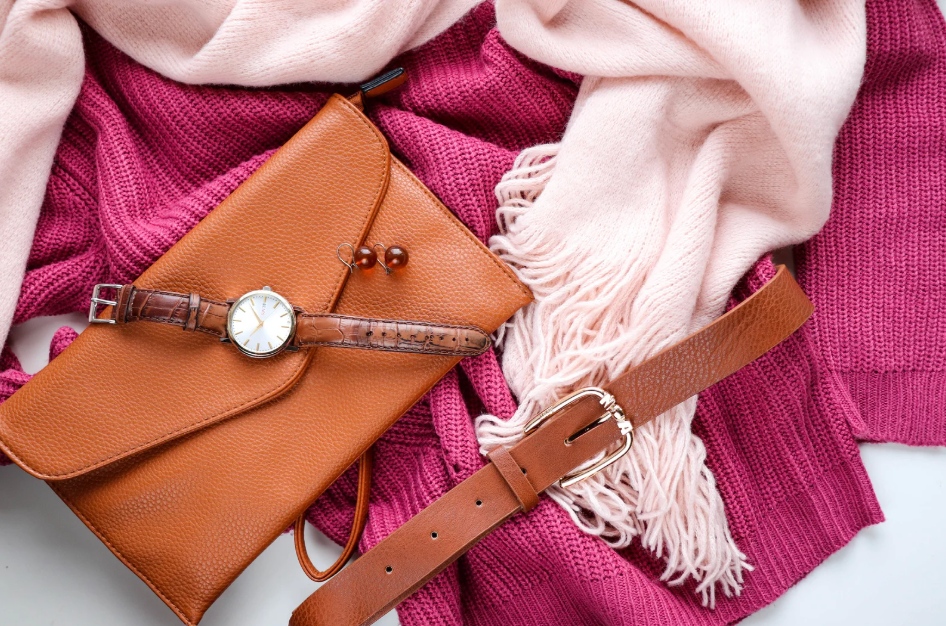In a groundbreaking shift for the fashion industry, several leading brands have announced a major commitment to adopting circular economy principles by 2024. This movement, centered around sustainability and reducing waste, marks a significant turning point as both established and emerging fashion labels pledge to recycle, upcycle, and redesign products to minimize their environmental impact.
The circular economy approach, which focuses on reusing materials, extends product life cycles, and reducing reliance on new resources, is quickly gaining traction as consumers demand more eco-conscious alternatives. August 1st saw the launch of new initiatives from prominent brands such as Levi’s, Patagonia, and Stella McCartney, all unveiling programs aimed at creating fully circular fashion lines in the coming years. These initiatives come as part of a broader global effort to reduce the fashion industry’s carbon footprint, which is one of the largest contributors to environmental degradation.
At the heart of these initiatives is a focus on product life extension. Many brands are now offering repair services, take-back schemes, and upcycling programs to encourage consumers to keep their clothes longer. Levi’s, for instance, has introduced a “Wear, Care, Repair” campaign, encouraging customers to repair their jeans rather than replace them, while offering free online tutorials and access to repair kits.
Additionally, fashion companies are increasingly using sustainable materials such as organic cotton, recycled fabrics, and bio-based alternatives in their collections. These materials aim to reduce the need for virgin resources and promote environmentally friendly production processes. Brands are also partnering with textile recycling companies to create fabrics made from post-consumer waste, including plastic bottles and discarded clothes.
The rise of second-hand fashion has also become a crucial part of the circular economy trend. Platforms like ThredUp and Poshmark have reported record growth, with more people choosing to buy and sell pre-loved garments. This shift is not only reducing waste but also helping to establish a more sustainable, accessible, and affordable approach to style.
The efforts of these companies are in line with increasing consumer demand for sustainable practices, as recent surveys show that over 70% of shoppers are now actively seeking out eco-friendly products. As a result, more brands are aligning with environmental goals, and industry experts predict that the fashion world will continue to move toward more circular, eco-conscious practices in the near future.
As eco-friendly fashion continues to evolve, the industry is witnessing a transformation that could have lasting effects on how we view consumption, waste, and sustainability. The commitment of these brands to a circular economy demonstrates a promising future for fashion, where style and sustainability go hand in hand.


